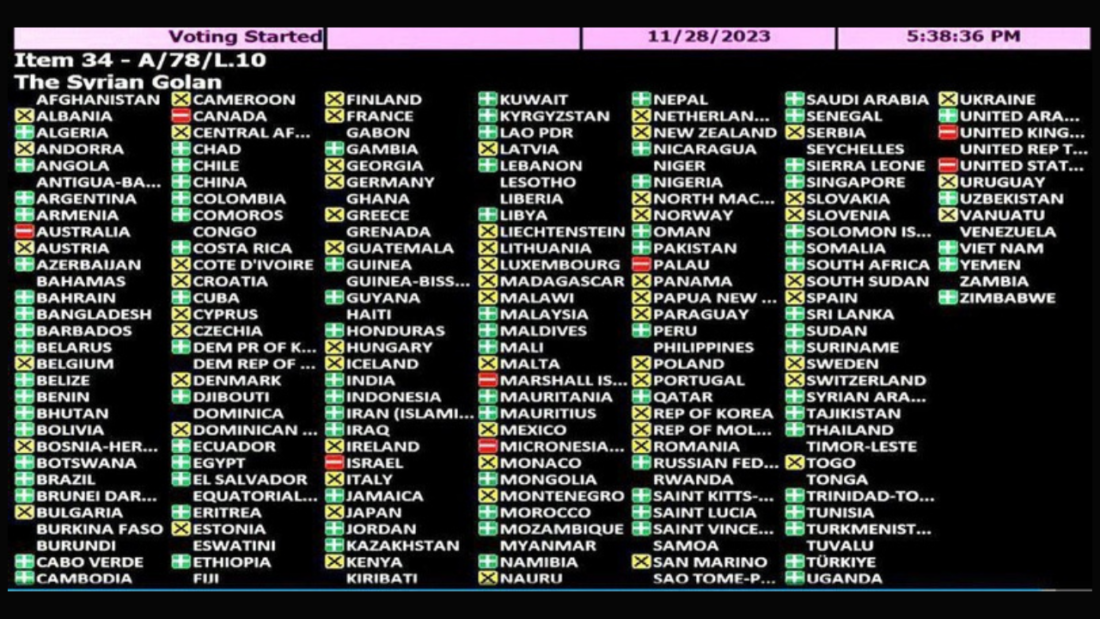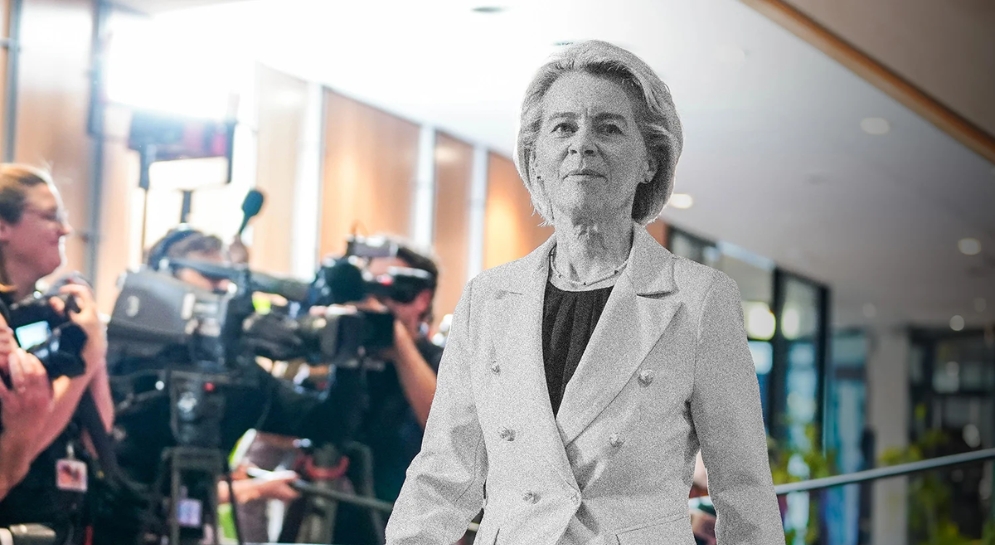
“The real situation in Ukraine” by Costas Christodoulides, Head of the International Relations and European Affairs Department of the C.C. of AKEL
24th February 2015
 In their book “America and the world” by Zbigniew Brzezinski and Brent Scowcroft, both former US presidential advisors, discuss Russia, the US, the EU and NATO in relation to Ukraine. This book was published in 2008. Brzezinski considers Russia an “imperialist power” which expanded in the Soviet Union and that its dissolution restored it to a “more normal situation”, but which nevertheless remains, according to them, a state “with unnatural borders.” It is well worth pointing out that the United States adheres to a similar outlook about unnatural borders “that were drawn up by mistake” in the Middle East, which is why they are promoting their notorious plans for a “new Middle East” that will supposedly ensure stability. According to the same circles, former Yugoslavia was also another state “with unnatural borders.”
In their book “America and the world” by Zbigniew Brzezinski and Brent Scowcroft, both former US presidential advisors, discuss Russia, the US, the EU and NATO in relation to Ukraine. This book was published in 2008. Brzezinski considers Russia an “imperialist power” which expanded in the Soviet Union and that its dissolution restored it to a “more normal situation”, but which nevertheless remains, according to them, a state “with unnatural borders.” It is well worth pointing out that the United States adheres to a similar outlook about unnatural borders “that were drawn up by mistake” in the Middle East, which is why they are promoting their notorious plans for a “new Middle East” that will supposedly ensure stability. According to the same circles, former Yugoslavia was also another state “with unnatural borders.”
If this perception were to completely prevail it wouldn’t simply be Russia-phobic or the opposing pole of a pro-Russian position. This perception is in fact an ideological veil seeking to covering up the imperialist aggression that we see unfolding today. As we shall see below, the danger of a Russian nostalgia for the restoration of the Soviet Union is being propagated in order to justify the growing encirclement of Russia through NATO and the EU in the global competition to maintain the US in the end as the primacy force of the international system.
Since 1997, Brzezinski had already outlined the objectives of US foreign policy if they were to remain in the long run the leading power in economic and military pyramid: namely, the transformation of Russia, geographically the largest country in the world, into a “loose confederal formation consisting of European Russia, the Republic of Siberia and the Republic of the Far East”. This is so because the energy in the wider region is the driving force of economic power in history. An encircled and subsequently divided Russia cannot therefore challenge any superior hegemonic power.
The war in Ukraine is the extension of this logic. A journalist put the following question to Brzezinski: “Ultimately however the question is: how many times can Russians be provoked without them reacting? During the years when Russia was weak under President Yeltsin, we became used to provoking them intensely and to do as we pleased. Perhaps we should take them seriously into account when they declare that such a development clashes with their own interests and that they are not going to remain inactive?”
Brzezinski replied: “I believe that if Ukraine is not led into a position of subordination to Moscow, but gradually begins to approach the EU and NATO, this will really increase the possibility of Russia also following a corresponding path. If we create conditions in which there is this fear (“that we must respect the Russians against the sovereign rights of other States”), then in fact we are strengthening their imperial nostalgia.”
Of course the role played by two European “superpowers”, namely Germany and France, is not at all insignificant in the developments surrounding Ukraine. Without the strong reaction from the Russian side and the support of the Russian element in Ukraine, the peace deal agreed in Minsk, Belarus wouldn’t have existed today. As in the case of Syria, Russian foreign policy thwarted at the last minute the US plans for an open intervention in Syria through the submission of a plan for the destruction of the Syria’s chemical weapons, thus removing the false pretext for an impending new military invasion.
It is difficult for the Minsk Agreement providing for a ceasefire, the withdrawal of troops and more rights for the population in the east of Ukraine, although a hopeful development, to prevent the strategic planning of the ruling forces. In Ukraine fascist forces have been unleashed that have their origin in the Bandera movement which during period of the Second World War collaborated with the Nazis, while later on it was financed by intelligence services from well-known circles. The anti-Soviet rhetoric of that time has today been replaced by anti-Russian hysteria with the support of the official state. We are referring to forces which have similar extremist characteristics to the fanatical Islamist organizations operating in Iraq, Syria and which were supported in an adventurist way by the West simply because their temporary interests were in line with the plans for the reversal of the existing situation. It can’t be ruled out that the Ukrainian government, which has requested accession not only to the EU but to NATO as well, will very soon have the military force needed for waging a generalized conflict. NATO has deployed rapid response forces in Baltic countries, whilst Georgia, which is also in Russia’s “soft underbelly”, is also receiving regular military training from NATO.
The prevailing sentiment among the Russian people, 70 years after the victory over Hitler Fascism is of one pride and for an end to the humiliation by the West. If the US, NATO and the European Union attempt to proceed towards the next step of their planning, a threat of a war breaking out will arise that will go far beyond the limits of a regional conflict. The responsibility for such a development will fall on all the EU governments, including the Cyprus government as well, if it continues to drag Cyprus as an accomplice to such future tragedies.




